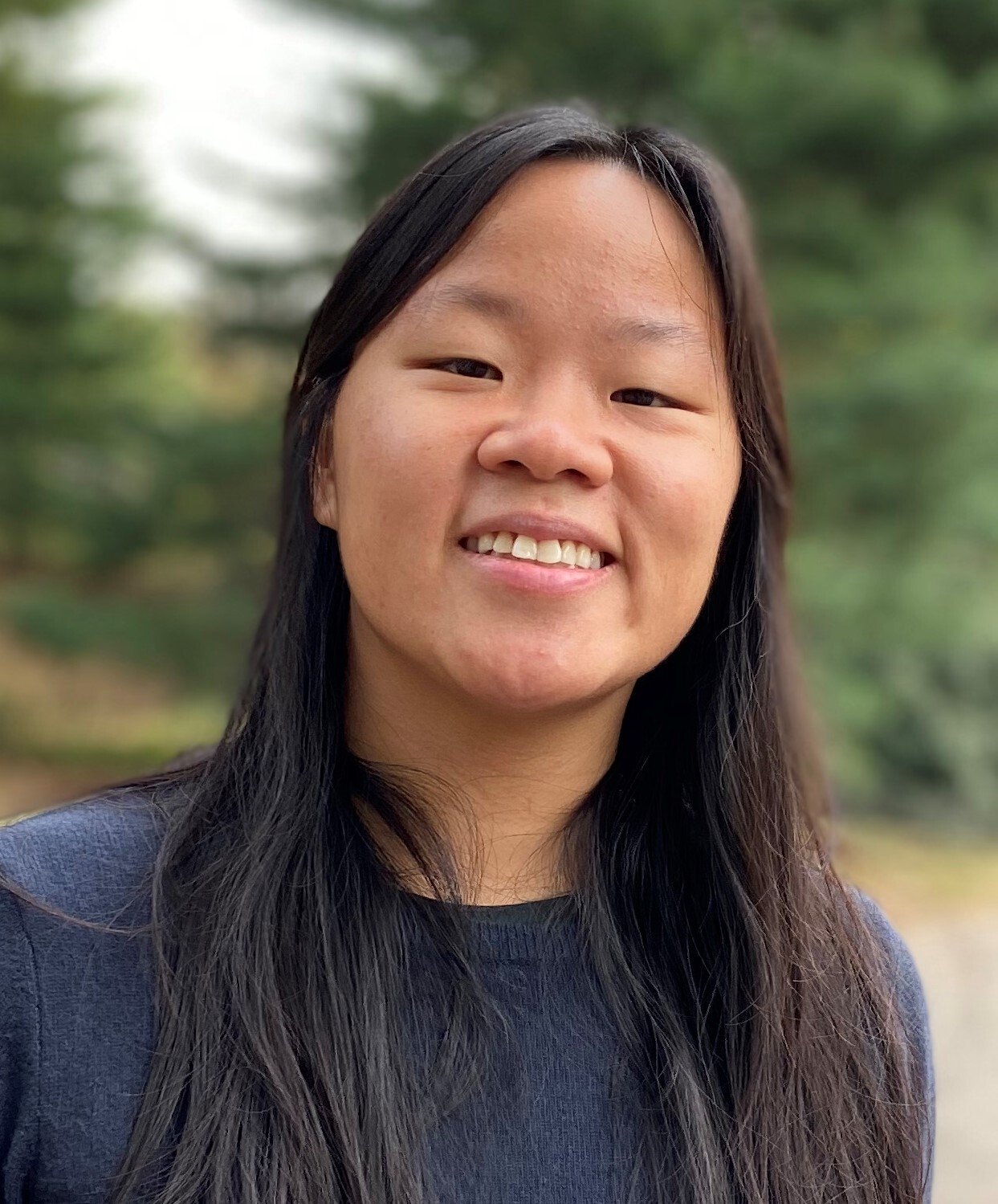
Find out more about the people behind the science
Nicky Whiffin
Nicky is an Associate Professor and Sir Henry Dale Fellow, at the Big Data Institute and Centre for Human Genetics at the University of Oxford. She is also a member of St Anne’s College, and a visiting scientist at the Broad Institute of MIT and Harvard. Nicky was awarded a 2024 Research Prize from the Lister Institute of Preventative Medicine.
Nicky’s research uses computational approaches to interpret the role of genetic variants in rare diseases.
Nicky’s undergraduate degree was in Natural Sciences at the University of Cambridge before she studied for a PhD in genetic susceptibility to Colorectal Cancer at the Institute of Cancer Research in London. During her postdoctoral work at Imperial College London, she developed tools and methods to improve interpretation of variants identified in patients with Inherited Heart Conditions.
In her spare time Nicky enjoys playing (field) hockey, hiking, cooking and reading.
Alex Martin-Geary
Alex is a postdoctoral bioinformatician whose research focuses on the use of computational methods and evolutionary data to better understand an individual’s susceptibility to genetic disease.
Alex gained an undergraduate degree in Archaeological sciences from the university of York, before studying for an MSc bioinformatics and systems biology, and a PhD in Evolutionary bioinformatics of human disease, both at the university of Manchester. During her PhD Alex explored themes related to human heritable, viral, and pathogenic diseases, and their relationship with evolutionary signatures in the human genome.
Alex is a big fan of outreach activities, and firmly believes that science can be fun and rewarding for everyone.
In her spare time Alex enjoys cheese, sci-fi, computer games, and visiting beautiful (and historic) places.
Elston Neil D'Souza
Elston is a DPhil Student and a Computational Research Assistant.
His research focuses on using computational tools & data from large next generation sequencing studies to learn about the mechanisms behind deleterious variants and their role in rare genetic disease.
Elston’s undergraduate and honours degrees were in Computational Biology at the Baker Heart and Diabetes Institute and Bio21 Institute for Molecular Biology, at the University of Melbourne, in Australia.
In his spare time, he is an avid podcast geek and enjoys playing bass.
Nechama Tatz-Wieder
Nechama is a DPhil student who uses computational methods to research non-coding variants role in rare disease.
Nechama gained a BSc in Biomedical Sciences (Genetics) at Brunel University London and then an MRes at UCL in Biosciences (Genetics).
In her spare time Nechama enjoys painting, baking and reading.
Maria Fernandes
Maria is a postdoctoral scientist focused on the role of variations within small open reading frames in genetic diseases.
Maria graduated in Biochemistry at Universidade de Aveiro and has a Masters in Bioinformatics and Computational Biology (Bioinformatics) from the Universidade de Lisboa. Afterwards, Maria obtained her PhD in Computer Sciences at the University of Luxembourg. During her PhD she worked on the design of privacy-preserving algorithms for genomic data analysis.
As hobbies, Maria likes playing sports, travelling and playing music.
Yuyang Chen
Yuyang is a DPhil student who investigates the effect of small open reading frames in rare disease.
Having found his interest in genomics when he studied
for the MBiol in Biology at the University of Oxford, he now hopes to explore how its power can be harnessed to help humans.
In his spare time, Yuyang enjoys various sports such as fencing, badminton and football. He also likes playing the piano, reading and travelling.
Ruebena Dawes
Ruebena is a postdoctoral scientist working on a collaborative project with the Novo Nordisk Research Centre Oxford (NNRCO), focused on the role of small open reading frames in disease risk.
Ruebena obtained her undergraduate degree in Applied Mathematics and Biochemistry, and her PhD in Medicine from The University of Sydney.
Ruebena likes eating pasta and buying useless things at Oxfam.
Hyung Chul Kim
Hyung Chul is a postdoctoral bioinformatician working on a collaborative project with the Novo Nordisk Research Centre Oxford (NNRCO), focusing on the role of small open reading frames (smORFs) in genetic disease.
Hyung Chul gained his BSc in Biology and BA in Economics from Case Western Reserve University, and a PhD in Biology also from Case Western Reserve University. His PhD investigated long non-coding RNAs in parasitic worms and protists.
In his spare time, Hyung Chul enjoys cooking, reading, and sleeping.
Jonny Talbot Martin
Jonny is a research student, working towards an MEng in Biomedical Engineering at Imperial College London.
Jonny is completing his Master’s Project in the CRDG team, having previously joined us as a computational intern.
Jonny’s research is focused on uncovering novel non-coding mechanisms of syndromic breast cancer.
In his spare time, you can find Jonny at the cinema, reading a good book, or playing and producing music.
Eloise Wells
Eloise is a first year DPhil student reading Genomic Medicine and Statistics. Her rotation project focuses on untranslated regions, their role in expression, and how they might be targeted therapeutically to increase the expression of healthy alleles.
Eloise recently worked as an advanced research assistant at the Wellcome Sanger institute, and holds an integrated-masters in Biological Sciences from the University of Sheffield, UK.
In her spare time she will be rock climbing and cycling.
Alex Chan
Undergraduate placement student










